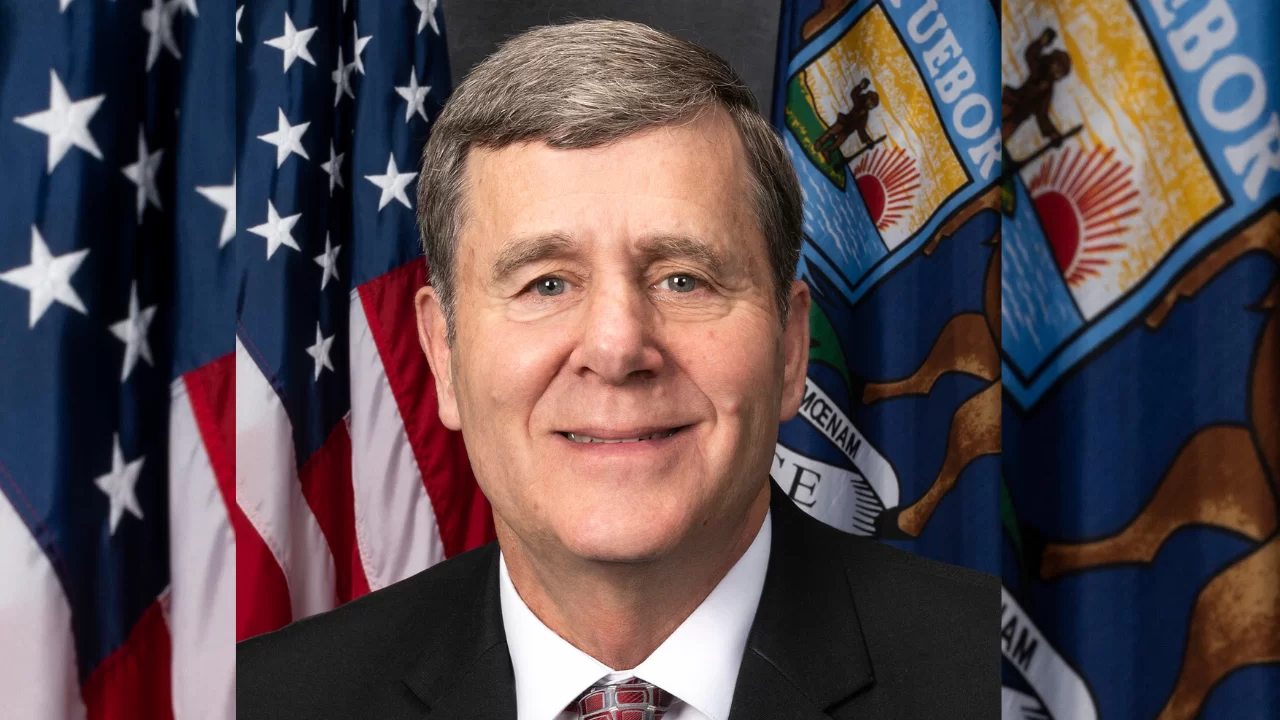State Senator Kevin Daley | Michigan House Republicans
State Senator Kevin Daley | Michigan House Republicans
LANSING, Mich. — Sen. Kevin Daley expressed his support for the approval of a $27.3 million investment from the Natural Resources Trust Fund (NRTF) for park and trail developments and public land acquisitions in Michigan, including projects in Genesee and Saginaw counties. Daley, representing R-Lum, emphasized the significance of these investments by stating, "Investments into our parks and natural resources are investments that enhance the quality of life of Michigan residents for generations," and added, "The Natural Resource Trust Fund has proven to be a wonderful source of funding to support our local parks and recreation areas without additional taxes."
The NRTF, funded by interest earned on state-owned mineral rights development, has a long history of supporting projects across Michigan. Senate Bill 817, if passed, will allocate $27.3 million in restricted funds to support 35 development projects and 18 land acquisitions statewide, with an additional $34.2 million in local matching funds, bringing the total investment to $61.5 million.
Specifically, the proposed legislation includes $300,000 for repairs and renovations to the historic 1930s pedestrian bridge at Richfield County Park in Genesee County, with an additional $300,000 earmarked for development along the Cass River Trail portion of the Iron Belle Trail in Saginaw County. Additionally, $300,000 is designated for renovations to the Saginaw Valley Rail Trail, connecting various townships in the region.
These projects aim to enhance recreational opportunities and promote connectivity within the communities of Genesee and Saginaw counties. The funding will contribute to the preservation and development of outdoor spaces for residents and visitors to enjoy.
The approval of the NRTF investment reflects a commitment to the conservation and enhancement of Michigan's natural resources. Sen. Daley's advocacy for these projects underscores the importance of prioritizing environmental stewardship and public access to recreational areas.


 Alerts Sign-up
Alerts Sign-up